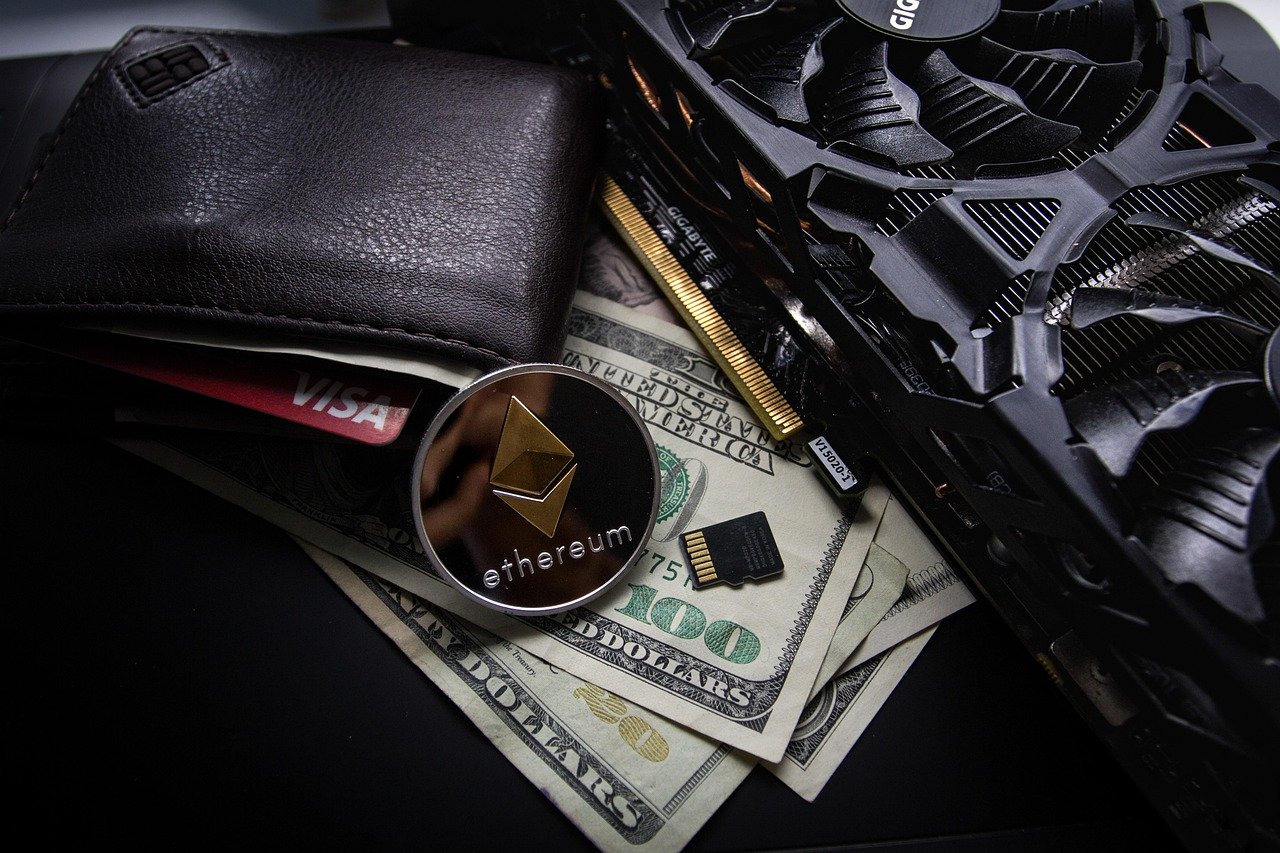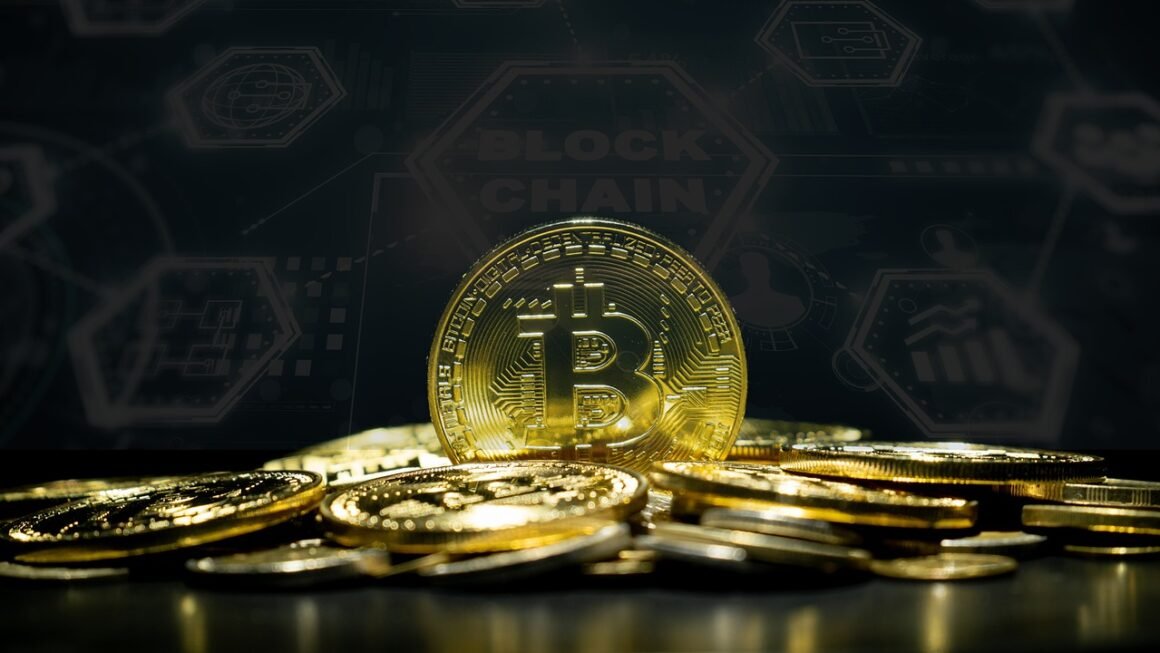Oracles are the unsung heroes bridging the gap between the blockchain’s secure, deterministic world and the chaotic, real-world data it often needs to function. Without them, smart contracts would be isolated islands, unable to interact with anything beyond their own internal code. This article dives deep into the fascinating world of oracles, exploring their functionality, types, security considerations, and future implications.
What are Blockchain Oracles?
Defining the Oracle Role
At its core, a blockchain oracle is a third-party service that provides external data to smart contracts. Smart contracts, by design, are isolated from the external world for security reasons. They cannot directly access APIs, databases, or other real-world information sources. This is where oracles come in, acting as intermediaries to fetch and verify external data, then feed it into the smart contract.
- Essentially, oracles translate real-world information into a format that can be understood and utilized by blockchain-based systems.
- They provide a crucial link, enabling smart contracts to react to real-world events in an automated and trustless manner.
Why Oracles are Necessary
Blockchain’s deterministic nature, meaning that given the same input, the output is always the same, prevents direct access to external data. Directly accessing external data sources would introduce uncertainty and potential manipulation, compromising the integrity of the blockchain. Oracles bypass this limitation by fetching and verifying data before feeding it into the smart contract.
Consider a smart contract for a decentralized betting application. It needs to know the outcome of a sports match to execute payouts. Without an oracle, the smart contract would have no way of accessing this information. The oracle would fetch the result from a reputable sports data provider and deliver it to the smart contract, triggering the appropriate actions. This dependency on oracles highlights their critical role in enabling complex and practical blockchain applications.
Types of Blockchain Oracles
Software Oracles
Software oracles are the most common type, retrieving data from online sources. They connect to websites, APIs, and databases to gather information such as price feeds, weather data, flight information, or election results.
- Examples: A smart contract that automatically adjusts the price of a cryptocurrency based on real-time market data from a cryptocurrency exchange API is using a software oracle. Another example is a flight insurance smart contract that triggers automatic payouts if a flight is delayed, using flight status data from a flight tracking API.
Hardware Oracles
Hardware oracles involve physical devices that collect data from the real world and transmit it to the blockchain. These oracles are particularly useful for applications that require information about physical events.
- Examples: Sensors monitoring temperature or humidity levels in a supply chain to verify storage conditions, GPS devices tracking the location of goods in transit, or smart meters measuring energy consumption. These devices relay the collected data to the blockchain, allowing for automated actions based on real-world conditions.
Human Oracles
Human oracles rely on human input to verify data and provide information to smart contracts. These can involve individuals who are trusted experts or who have access to specific knowledge.
- Examples: A decentralized prediction market where a panel of experts determines the outcome of a complex event, or a dispute resolution system where human arbitrators resolve conflicts between parties. The human oracle’s judgment is then used to execute the smart contract’s logic.
Inbound vs. Outbound Oracles
This classification focuses on the direction of data flow. Inbound oracles bring data into the blockchain, while outbound oracles send data from the blockchain to the external world.
- Inbound: The examples described above mostly fall into this category – price feeds, weather data, GPS location, all feeding data into the blockchain.
- Outbound: Consider a smart lock. The smart contract could send a signal through an outbound oracle to unlock the door based on certain conditions being met.
Challenges and Security Considerations
The Oracle Problem
The “Oracle Problem” refers to the inherent trust placed in oracles. Since smart contracts rely on external data provided by oracles, the integrity of the oracle directly impacts the integrity of the entire smart contract. If an oracle provides false or manipulated data, the smart contract will execute based on that incorrect information.
- This problem highlights the need for reliable and trustworthy oracles.
- Mitigating the Oracle Problem is a crucial aspect of building secure and robust blockchain applications.
Security Risks and Mitigation Strategies
Several security risks are associated with oracles:
- Data Manipulation: Oracles can be compromised and manipulated to provide false data.
- Centralization: Relying on a single oracle creates a single point of failure.
- Data Accuracy: Ensuring the accuracy and reliability of the data source is paramount.
- Malicious Oracles: Intentional provision of false data for malicious purposes.
Mitigation strategies include:
- Decentralized Oracles: Using multiple oracles to aggregate data and reduce reliance on a single source. This is often achieved through mechanisms like data validation and staking.
- Reputation Systems: Implementing systems to track and evaluate the performance and trustworthiness of oracles.
- Data Source Verification: Using reputable and trusted data sources.
- Economic Incentives: Staking mechanisms where oracles risk losing their stake if they provide false data.
Example: Chainlink’s Approach
Chainlink is a leading decentralized oracle network that addresses the Oracle Problem by using multiple independent oracles to retrieve and validate data. It employs cryptographic security measures and reputation systems to ensure the reliability and integrity of its data feeds. This approach significantly reduces the risk of data manipulation and single points of failure. The aggregated, verified data is then fed into smart contracts.
The Future of Oracles
Advancements and Innovations
The field of oracles is rapidly evolving, with ongoing advancements in technology and security. Some key areas of innovation include:
- Trusted Execution Environments (TEEs): Using secure hardware enclaves to protect oracles from tampering and ensure data integrity.
- Zero-Knowledge Proofs (ZKPs): Employing ZKPs to verify the accuracy of data without revealing the underlying information.
- Improved Decentralization Techniques: Developing more robust and scalable decentralized oracle networks.
- AI and Machine Learning Integration: Using AI to enhance data verification and anomaly detection.
Impact on Blockchain Adoption
Oracles are crucial for unlocking the full potential of blockchain technology and driving its adoption across various industries. They enable the creation of more complex and practical smart contract applications, including:
- Decentralized Finance (DeFi): Enabling advanced financial instruments like lending, borrowing, and derivatives.
- Supply Chain Management: Tracking and verifying the movement of goods in real-time.
- Insurance: Automating insurance payouts based on real-world events.
- Gaming: Creating more engaging and dynamic gaming experiences.
By bridging the gap between the blockchain and the real world, oracles pave the way for a future where blockchain technology is seamlessly integrated into everyday life.
Conclusion
Blockchain oracles are essential for the functionality and widespread adoption of blockchain technology. They enable smart contracts to interact with real-world data, unlocking a vast range of potential applications. While challenges related to security and trust remain, ongoing innovation and the development of robust oracle networks are paving the way for a more interconnected and automated future powered by blockchain. By understanding the role, types, and challenges associated with oracles, developers and users can better leverage this critical technology to build innovative and impactful blockchain solutions. The ongoing evolution of oracles will undoubtedly shape the future of decentralized applications and their integration into our lives.



